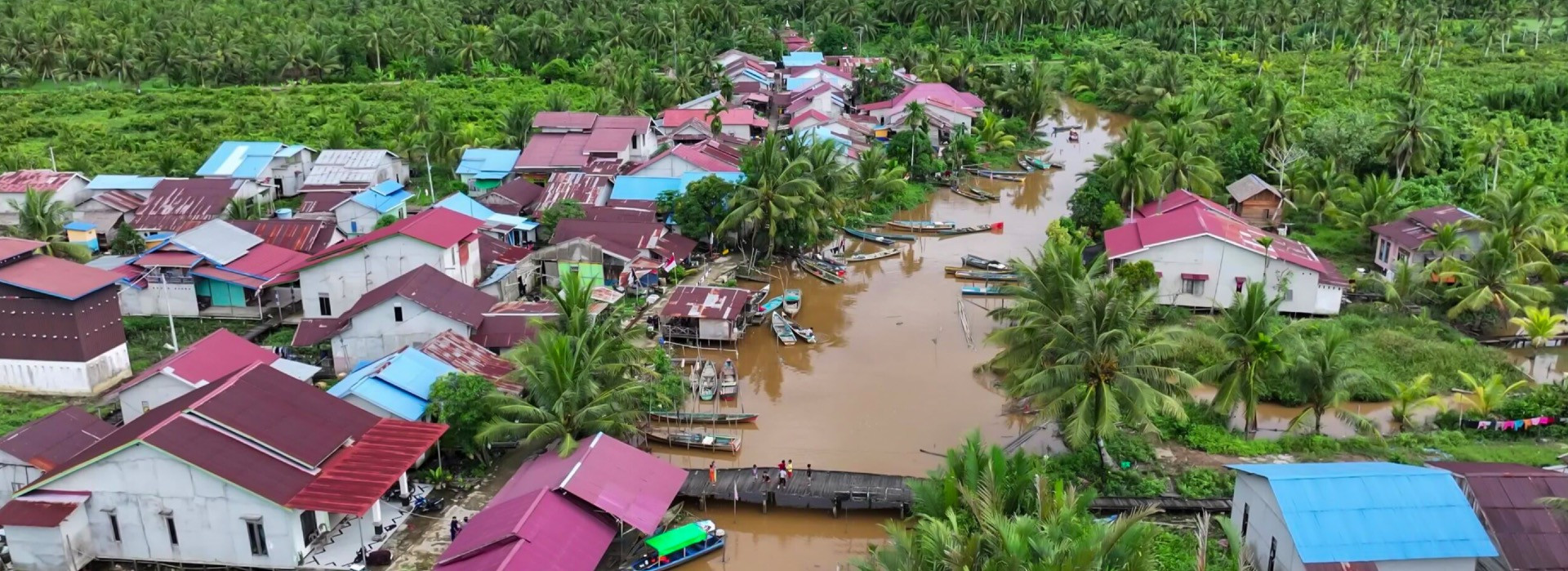Flooding and Inequality: Protecting the Most Vulnerable
Indonesia faces a growing challenge: the increasing threat of urban flooding due to climate change and rapid urbanization. Recognizing that floods disproportionately impact vulnerable groups, especially women and the poor, the latest report from the FINCAPES project explores how to integrate Gender Equality and Socio-Economic Inclusion (GESEI) into social protection measures.
What is Social Protection and Why Does it Matter?
Social protection encompasses policies and instruments designed to provide income support and access to essential goods and services, acting as a safety net during times of hardship. In the context of urban flooding, gender-responsive social protection systems are crucial for ensuring that those most affected receive adequate support.
Understanding the Unequal Impacts of Flooding
The report highlights how societal gender norms, economic disparities, and limited access to resources make women and poor men particularly susceptible to the impacts of floods. It also addresses the heightened risk of gender-based violence, health issues, and educational disruptions that flooding can cause.
Practical Examples and Policy Guidance
This report provides real-world examples of social protection measures that effectively address GESEI concerns in urban flood contexts. Learn how programs like the Benazir Income Support Program in Pakistan, the Comoros Social Safety Net Project, and the Extreme Heat Income Insurance in India have helped build resilience to climate-related shocks.
Furthermore, the report includes a valuable checklist for designing gender-transformative and responsive social protection programs. This checklist emphasizes the importance of frameworks that uphold human rights, address gender gaps, and include specific actions to promote gender equality.
This report is especially relevant for Indonesian readers as it's tailored to their specific context, offering insights and practical examples directly applicable to the nation's challenges. It emphasizes gender equality and inclusion in social protection, ensuring vulnerable groups receive adequate support during floods. It also provides concrete examples of successful programs worldwide that can be adapted and implemented in Indonesia. With a focus on building resilience, it highlights long-term strategies for better preparation and recovery from flood events. Additionally, it offers valuable policy guidance for developing inclusive social protection frameworks and global insights into how other countries are tackling similar challenges.
Access the Full Report
To delve deeper into this critical issue, download the full report "Integrate Gender Equality and Socio-Economic Inclusion into Social Protection related to Urban Flooding"
Related content:
Flood Risk Modeling Workshop in Pontianak, West Kalimantan, 13-14 November 2024.
